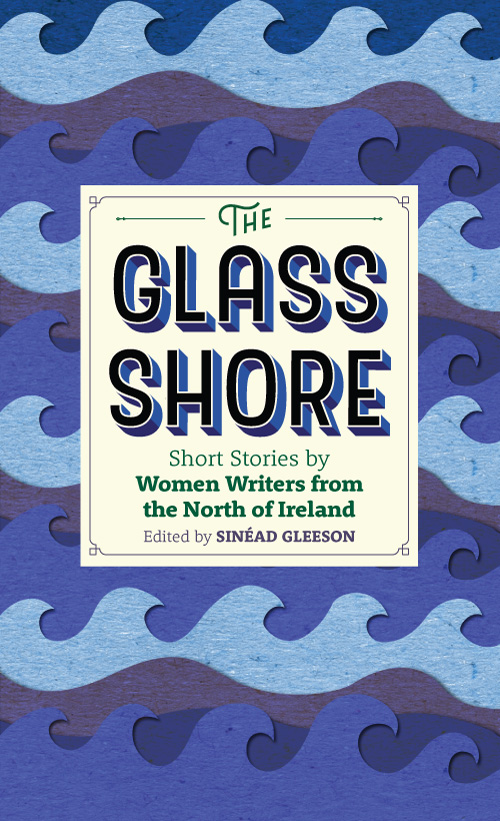 New Island is delighted to announce the forthcoming publication of The Glass Shore: Short Stories by Women Writers from the North of Ireland, edited by Sinéad Gleeson.
New Island is delighted to announce the forthcoming publication of The Glass Shore: Short Stories by Women Writers from the North of Ireland, edited by Sinéad Gleeson.
Last year saw the publication of The Long Gaze Back: An Anthology of Irish Women Writers, edited by Sinéad Gleeson. was widely acclaimed and went on to win Best Irish Published Book of the Year 2015 at the Irish Book Awards. More importantly, it sparked lively discussion and debate about the erasure of women writers from literary canon. One question kept arising: where was the equivalent anthology for women writers from the north?
Spanning three centuries, The Glass Shore will feature both writers that are emerging and established, alongside deceased luminaries and forerunners.
The collection will include work from Linda Anderson, Margaret Barrington, Mary Beckett, Caroline Blackwood, Lucy Caldwell, Ethna Carbery, Jan Carson, Evelyn Conlon, Anne Devlin, Martina Devlin, Polly Devlin, Erminda Rentoul Esler, Sarah Grand, Rosemary Jenkinson, Sheila Llewelyn, Bernie McGill, Alice Milligan, Rosa Mulholland, Anne-Marie Neary, Mary O’Donnell, Roisín O’Donnell Tara West, Una Woods
More information at New Island Website.
